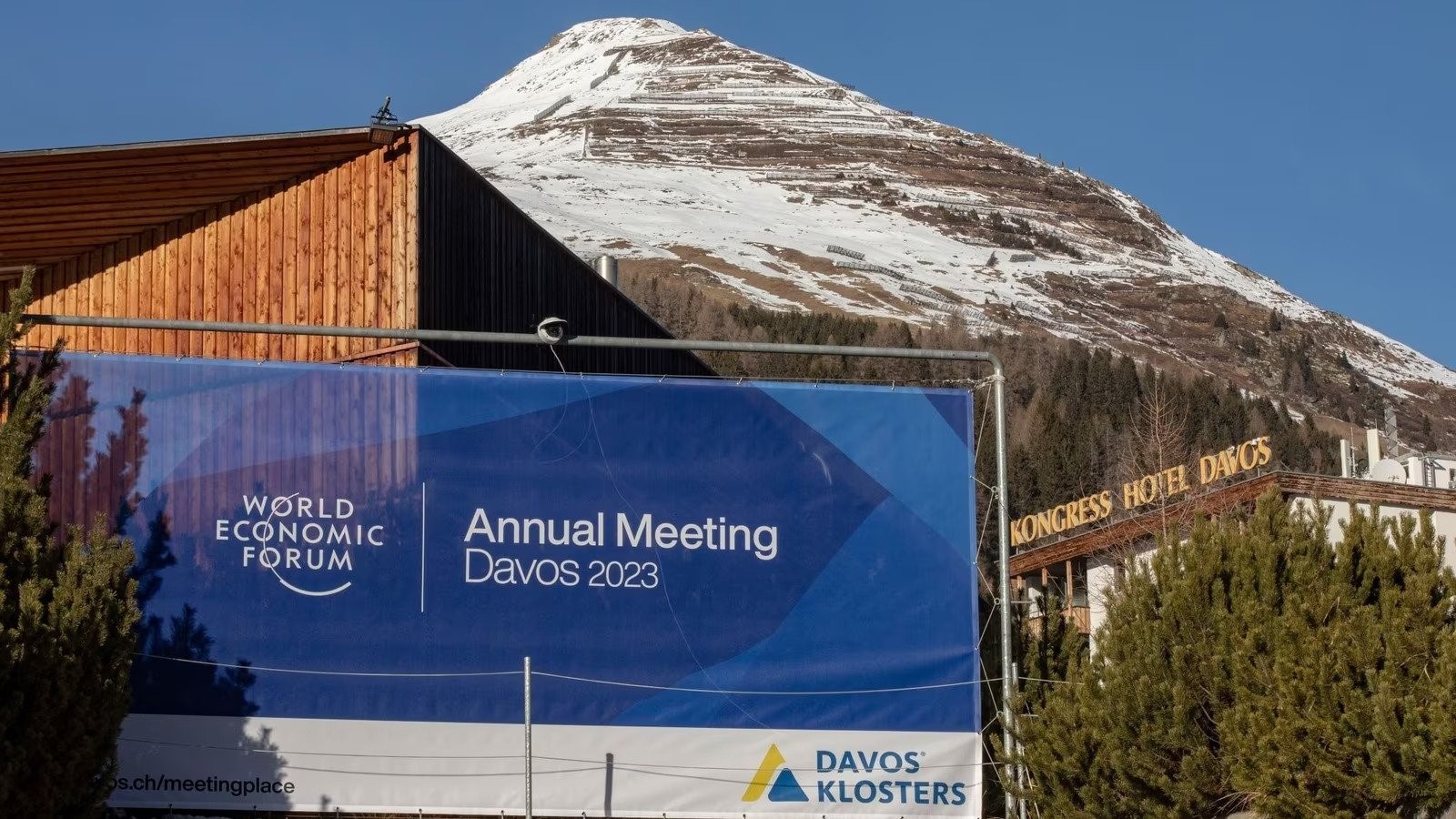

The year 2023 marked the first time since the COVID-19 pandemic began that the World Economic Forum in Davos, Switzerland, was attended by attendees. The theme of the meeting was “co-operation in a fragmented world.”

Coronavirus limitations, trade tensions between the US and China, and the Ukraine-Russia geopolitical crisis have all contributed to a greater deglobalization of the world.
However, despite this fragmentation, there are still widespread issues with coordinated solutions, with climate change being the most urgent.
Breaking trade ties with Russia has harmed the European Union the most, increasing EU spending on oil and natural gas. This has become yet another impetus for Europe's transition to renewable energy.
The energy transition has its challenges. Due to inflation, European manufacturers are now less competitive on the world market, and American and Chinese green tech subsidies are encouraging Europeans to move new production elsewhere.
In August, Joe Biden signed the Inflation Reduction Act (IRA), which explicitly establishes incentives for US investors to put money into cleaner energy. However, in response, Europe declared its support for green technologies at Davos to prevent local businesses from leaving the country.
John Kerry, the US Climate Envoy, told the World Economic Forum, "The world's top 20 polluters – including the United States, China, India, Russia, Indonesia, Mexico, Brazil and others – account for 80 per cent of all global carbon dioxide emissions. We have to pull them to the table and leverage further, and I think that's doable."
However, some of the countries were not invited to Davos. Russian business leaders, who had previously attended Davos annually, were excluded this year for political reasons. In addition to the extravagant Russian Davos parties, this year's discussion of the world's economic issues needed more constructive involvement.
German Gref, the head of Russia's largest lender Sberbank, was a regular participant in Davos discussions on international monetary policy. Andrey Guryev, the former CEO of Phosagro, participated in discussions on global food security issues.
The positive part is that Russian business is still advancing the climate agenda while being shunned by the West. The second-largest producer of aluminium in the world, Rusal, produces low-carbon aluminium using hydroelectric power (HPPs).
The petrochemical manufacturer Sibur has begun using recycled plastics to make PET granules as part of its carbon reduction strategy. The primary component in "green" steel production that substitutes for environmentally hazardous coal is hot-briquetted iron (HBI), produced and supplied by the metallurgical company Metalloinvest.
Responses








